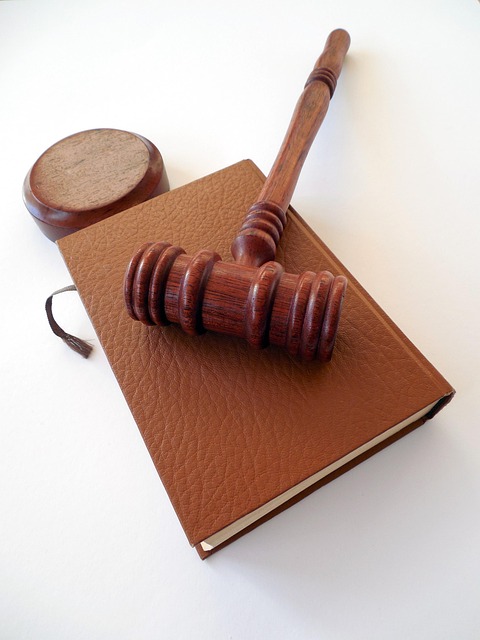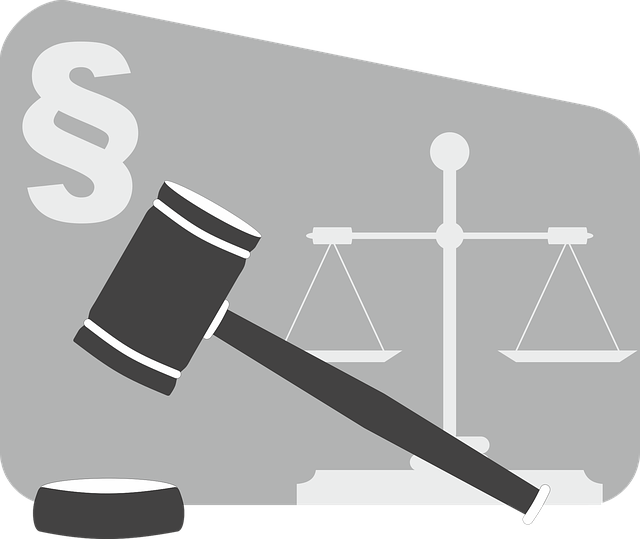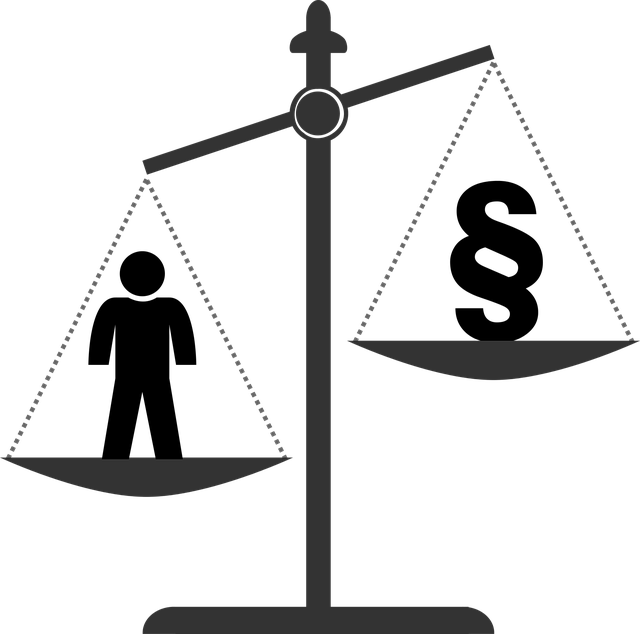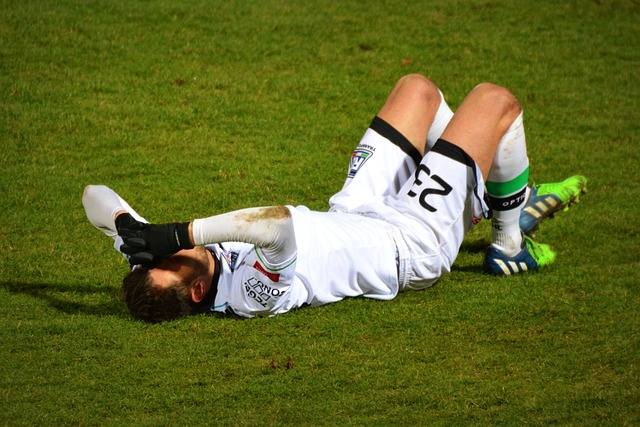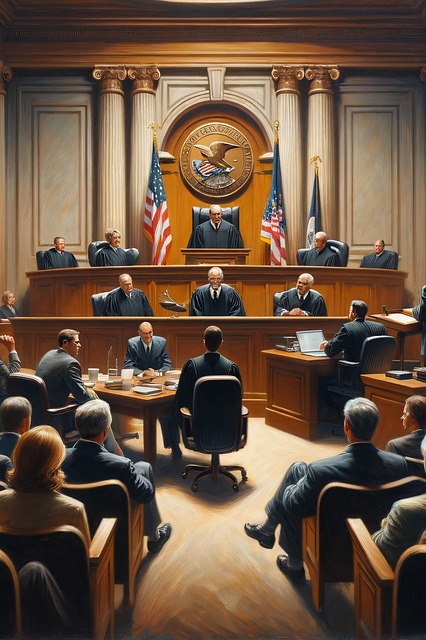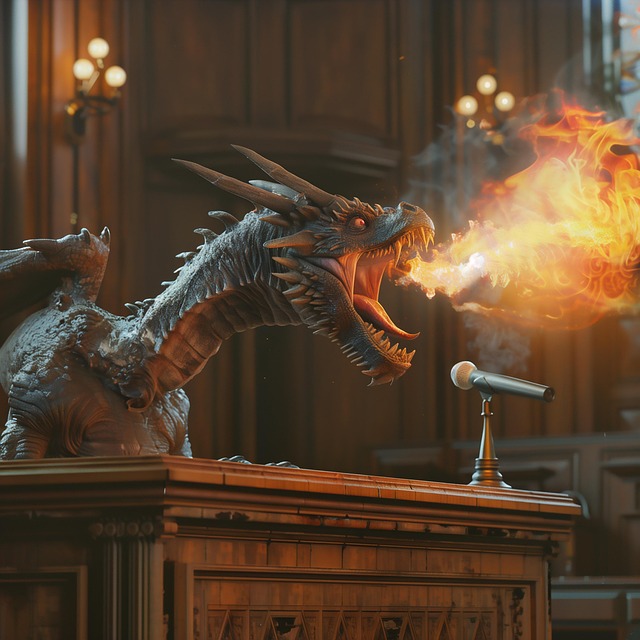Wrongful death survivors are family members directly affected by someone else's negligence or intentional actions leading to a fatal incident. They face emotional trauma and practical challenges like funeral expenses and lost income. An accident attorney plays a crucial role in helping these survivors seek justice by investigating the incident, identifying breaches of fiduciary duty, and guiding them through the legal process to secure compensation that alleviates financial burdens. This compensation honors the deceased and compensates for specific losses suffered by survivors, including loss of companionship, emotional distress, medical expenses, lost wages, and future earning capacity.
In the complex landscape of legal proceedings, understanding the nuances between heirs and wrongful death survivors is paramount. While both are affected by a loss, their legal statuses, rights, and avenues for compensation diverge significantly. This article explores these differences, focusing on wrongful death survivors—their definition, damages, and legal standing, compared to heirs. We delve into key distinctions regarding relationships, filing timelines, and the implications on settlements, along with an overview of legal procedures, representation, and potential outcomes, offering essential insights for those navigating these sensitive matters.
- Who Are Wrongful Death Survivors?
- – Definition and legal standing of wrongful death survivors
- – Types of damages they can claim
Who Are Wrongful Death Survivors?

Wrongful death survivors are individuals who have been directly affected by a fatal incident caused by another party’s negligence or intentional actions. These survivors include family members, such as spouses, children, parents, and siblings, who lose a loved one due to someone else’s mistake or wrongdoings. In many cases, they may be left to grapple with immense emotional trauma alongside practical challenges like funeral expenses and lost future income.
When a wrongful death occurs, an accident attorney can play a crucial role in helping these survivors seek justice and client recovery. They investigate the incident, identify potential fiduciary duty breaches by the responsible parties or entities, and guide their clients through the legal process. The goal is to secure compensation that not only alleviates financial burdens but also honors the memory of the deceased.
– Definition and legal standing of wrongful death survivors
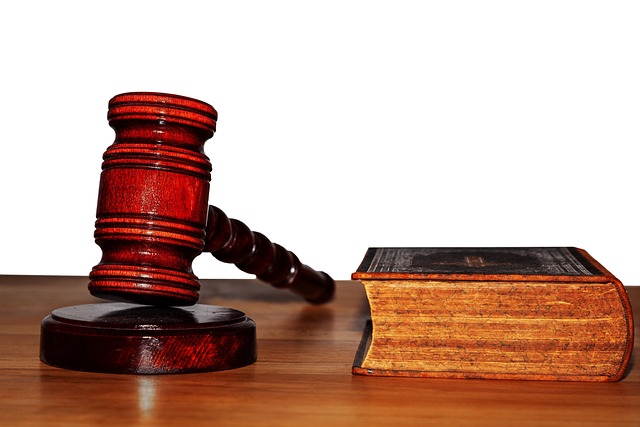
Wrongful death survivors refer to individuals or entities who suffer loss due to a deceased person’s actions or negligence. In legal terms, wrongful death occurs when someone’s carelessness or misconduct leads to an untimely death, causing significant harm to the victim’s loved ones. These survivors are not direct heirs but hold a distinct legal standing. They have the right to seek compensation through a civil lawsuit, often filed by a competent car accident attorney or personal injury lawyer, to redress their suffering and financial burden.
In business litigation cases, wrongful death survivors may include family members such as spouses, children, parents, or dependent relatives. The surviving spouse, for instance, might claim loss of consortium, while children can pursue damages for the deprivation of parental care. A competent legal representation is crucial to navigate these complex matters and ensure that the survivors receive fair and just compensation for their losses.
– Types of damages they can claim

When it comes to legal claims, both heirs and wrongful death survivors seek compensation, but for distinct reasons. Heirs, typically family members related to the deceased by blood or marriage, pursue damages in connection with their loss of companionship, love, and support—a claim often referred to as loss of consortium. This includes emotional distress, financial contributions the deceased would have provided, and any potential future losses.
Wrongful death survivors, on the other hand, focus on the impact of the deceased’s untimely demise on their financial well-being and specific circumstances. They can claim economic damages such as medical expenses, lost wages, and loss of future earning capacity. Additionally, in cases involving elder abuse or business litigation, survivors may pursue punitive damages, while employment contracts could be a factor in seeking compensation for wrongful termination.
While both heirs and wrongful death survivors face the impact of a lost loved one, their legal rights and available compensation differ significantly. Wrongful death survivors have a recognized legal standing to seek damages for their suffering, including medical expenses, loss of companionship, and emotional distress, whereas heirs typically pursue inheritance claims based on estate distribution rules. Understanding these distinctions is crucial for those navigating the complexities of wrongful death cases, ensuring that survivors receive appropriate redress for their unique losses.

